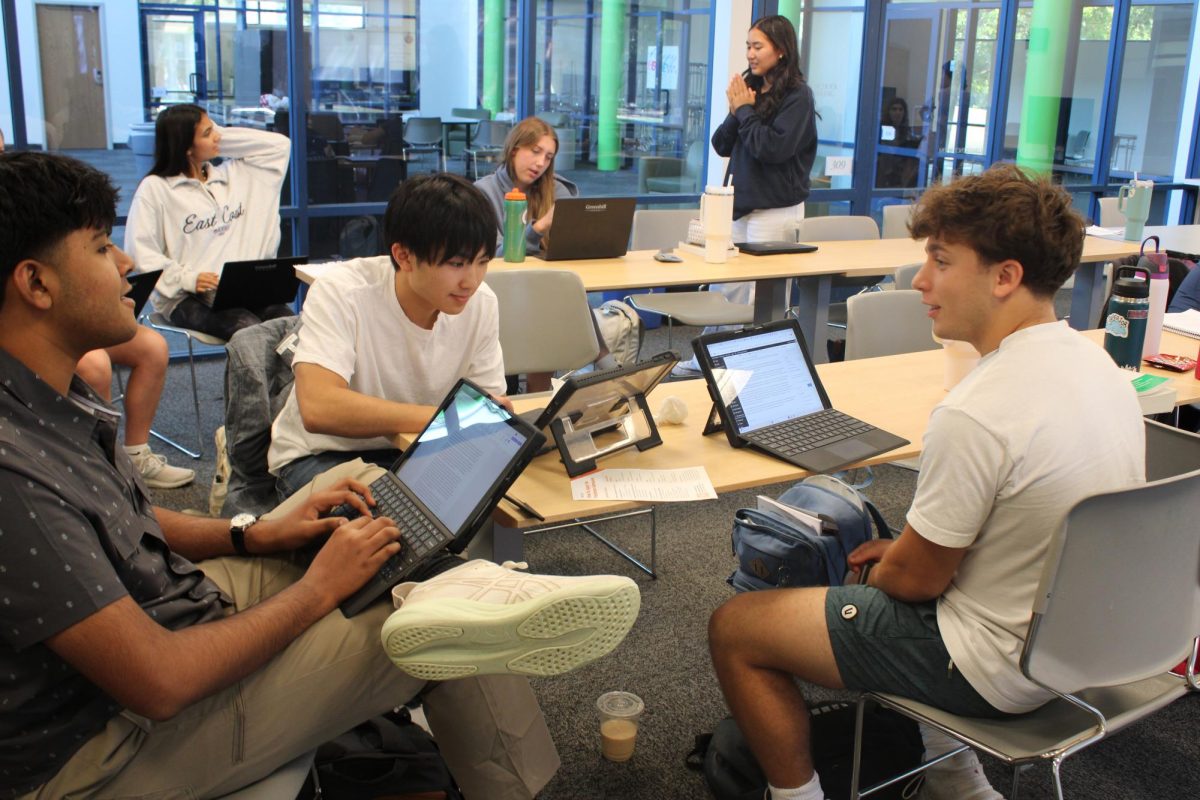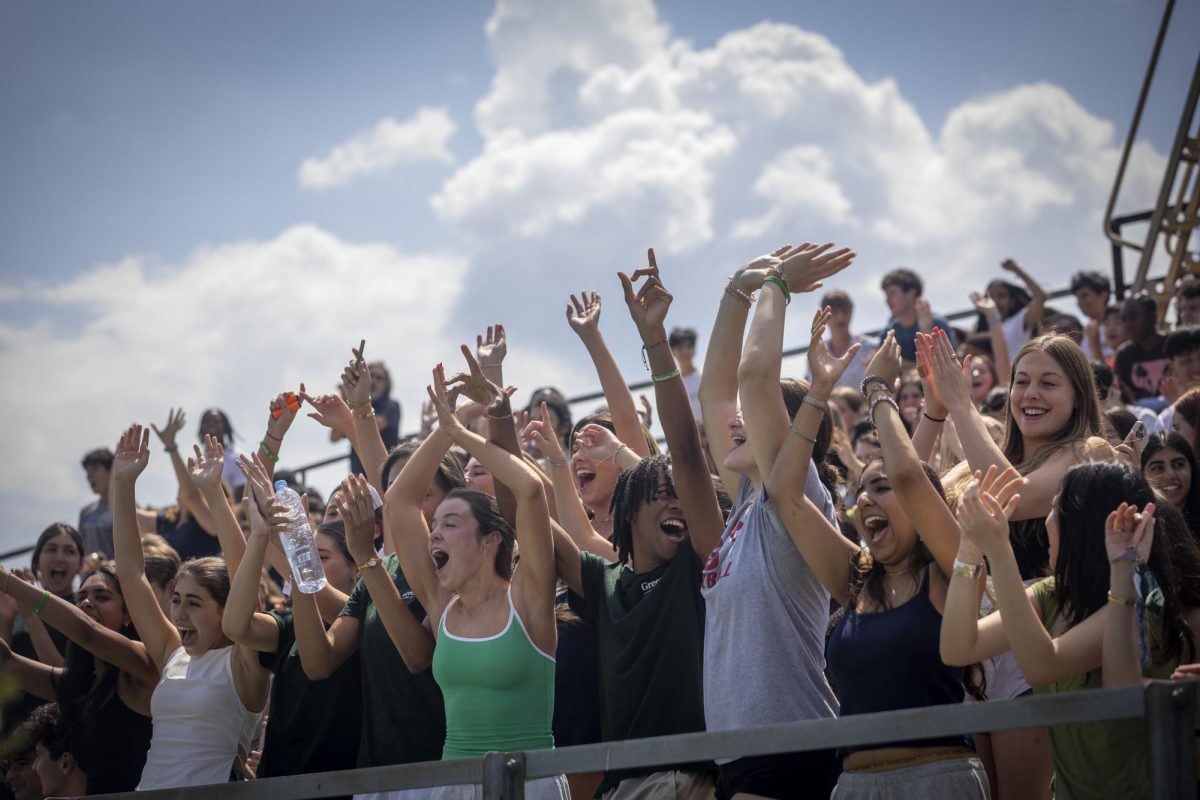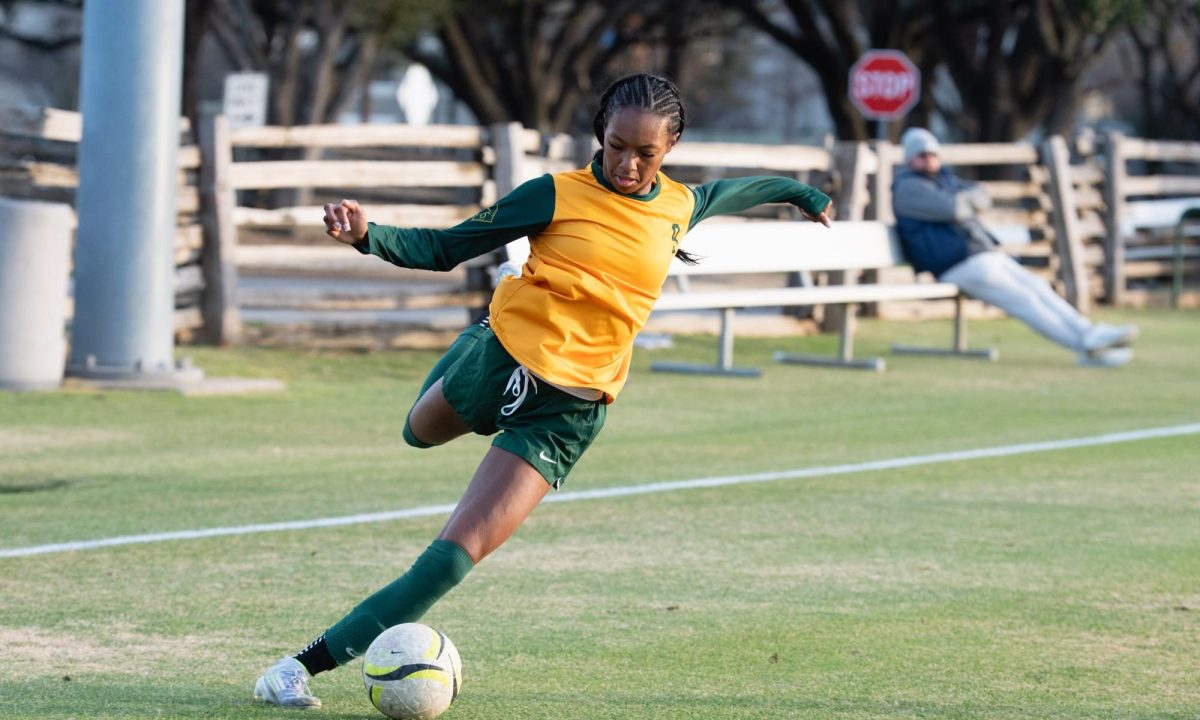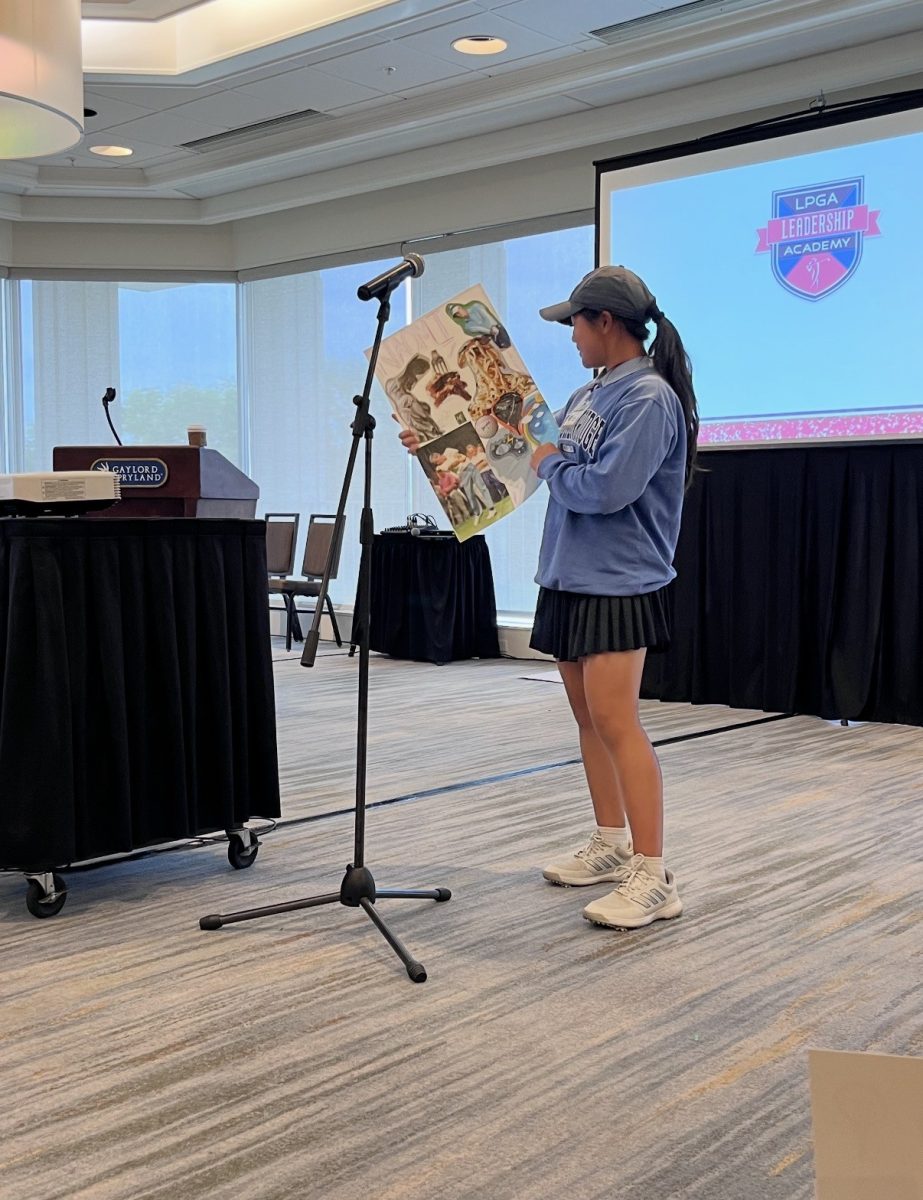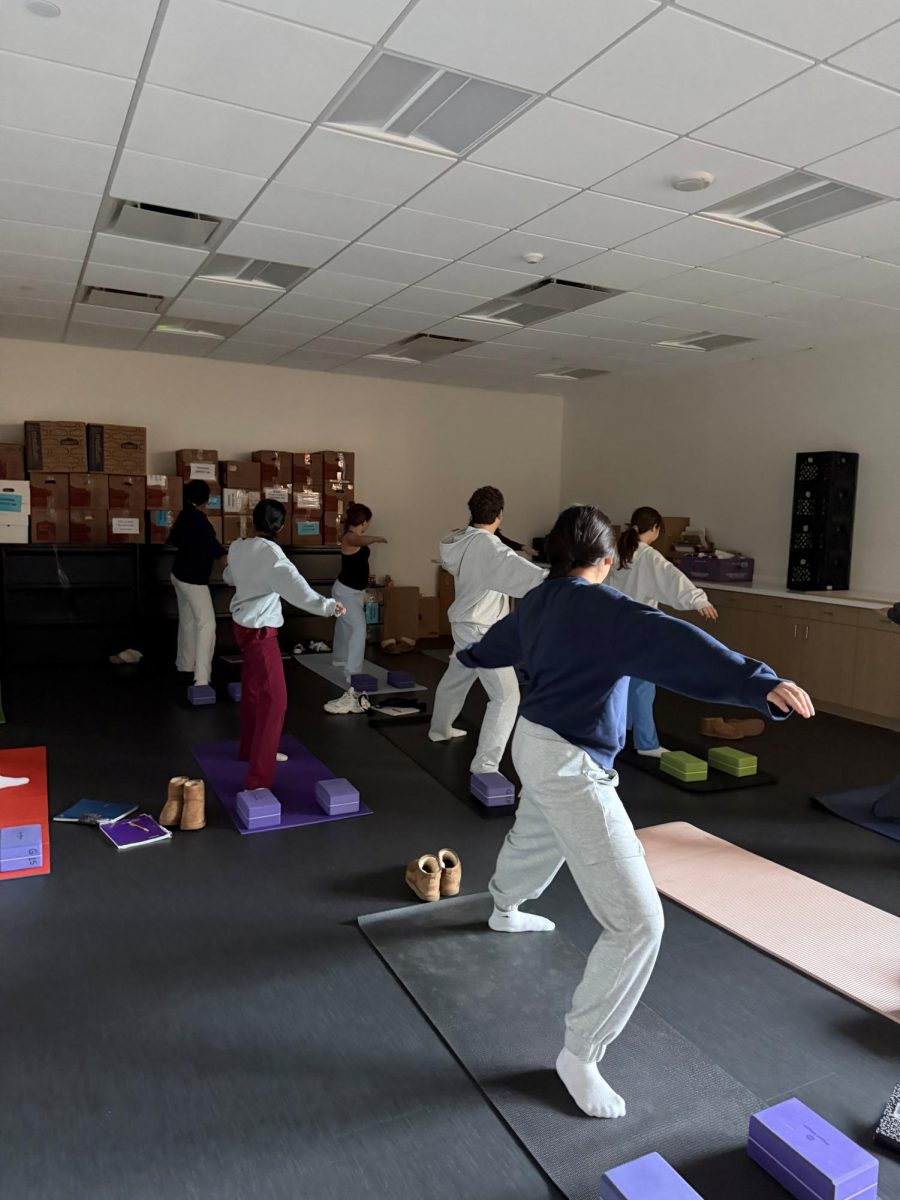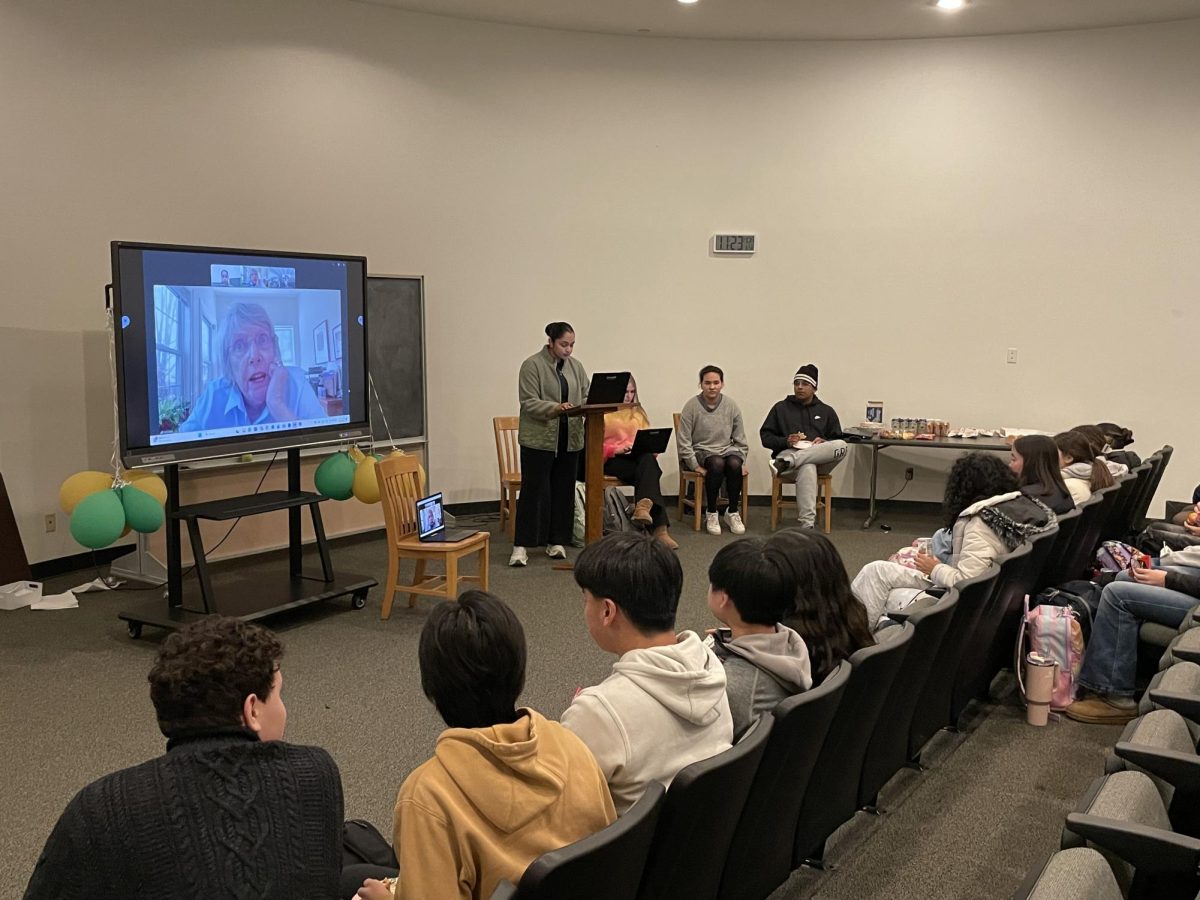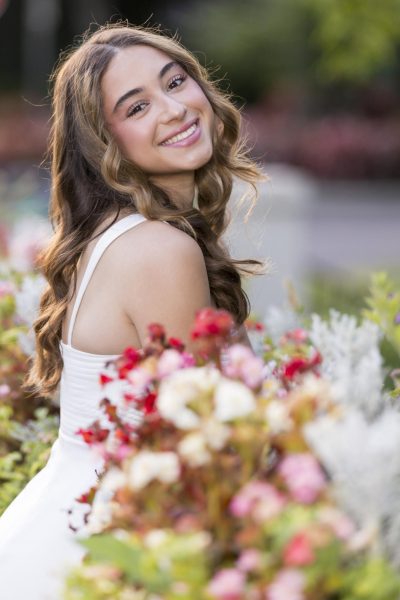Since freshman year, I have been told senior year is the best year of high school. It’s supposed to be a fun time filled with activities: Senior Sunrise, Water Towering Painting, and off-campus lunch privileges. It’s a string of “lasts” we are all supposed to cherish together. But the reality of the first semester of senior year is so much more than just the Instagram posts. My days have been filled with endless to-do lists, lack of sleep, and higher pressure than ever.
Only a couple weeks into school, my mornings have become days in themselves. Before my first class even begins, I’ve finished my morning cheer workout, crammed in leftover homework, and squeezed in revisions to my unfinished college supplemental essays.
Immediately after a long day of classes, I am hit with my after-school responsibilities: cheer practice, captain planning, tutoring, college counseling, and standardized testing preparation. The day feels endless, yet there aren’t enough hours in the day to get my bottomless to-do list done.
Senior year demands you to shine socially, academically, and athletically—every single day. Even when I inevitably fall behind, the guilt hits hard. I can’t truly enjoy all the senior activities because I’m carrying the weight of expectations from colleges, coaches, teachers, and myself. All of this makes it impossible to look forward to anything.
This isn’t just me complaining about my packed calendar. It’s about how society glorifies senior year as carefree fun, while overlooking the true stress students face, balancing stress for the future and once-in-a-lifetime memories.
We need to rethink how we support seniors in the fall. That could mean more blocked-out time during the day to work on college applications or catch up on homework, instead of staying up late to finish it all. It also means changing the way students, teachers, and parents talk about college and senior year. Right now, every conversation seems to revolve around applications, test scores, or achievements, making students feel constantly evaluated. Even seemingly casual questions—“Have you finished that essay?” or “What schools are you applying to?”—can unintentionally increase stress for seniors.
If we truly want senior year to feel like the “best year,” we need to stop measuring it by accomplishments alone. We need to allow each other to breathe and enjoy moments guilt free. I think with a little more understanding and flexibility within our days, senior year can be a time where work and fun coexist.

